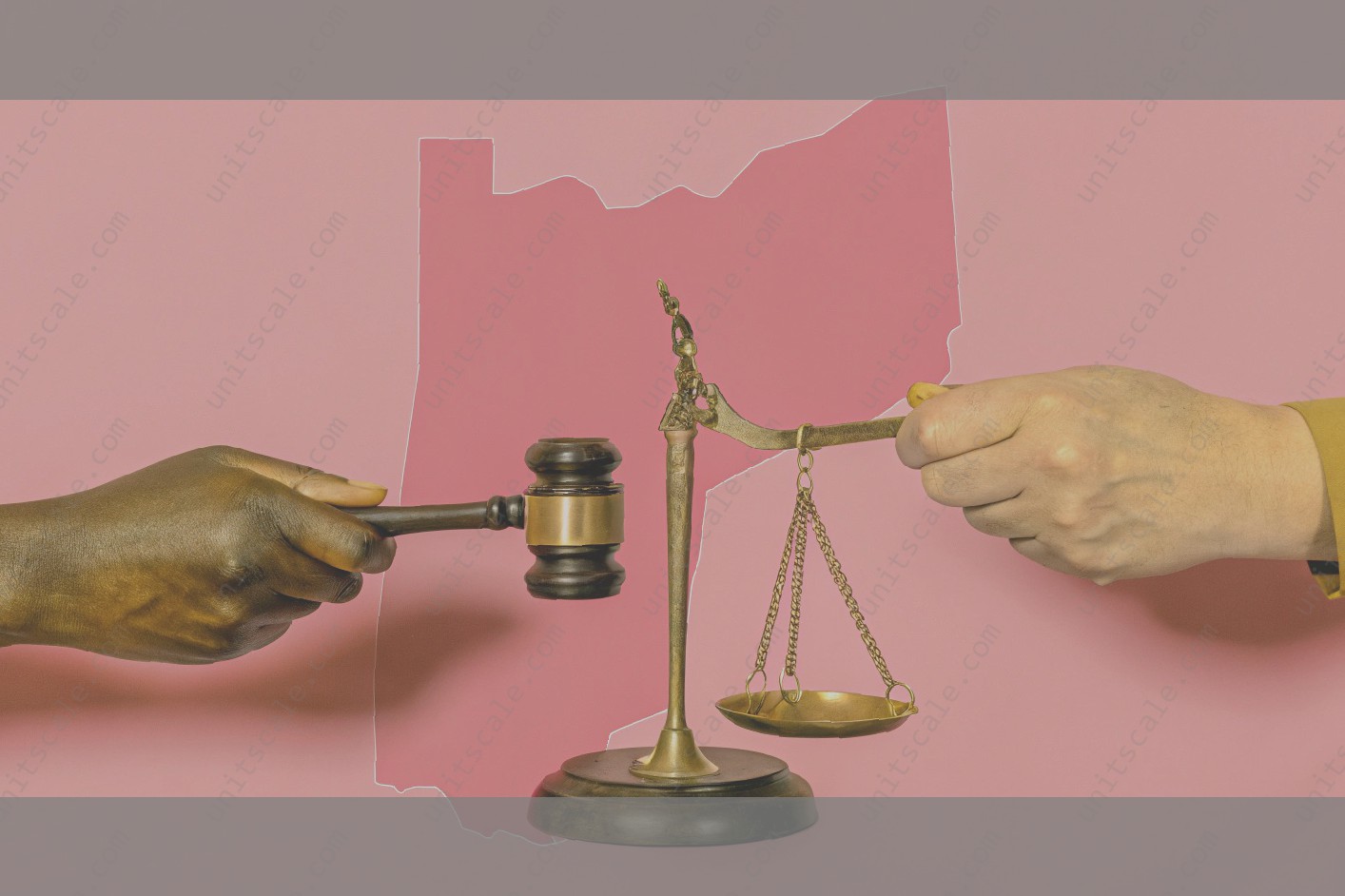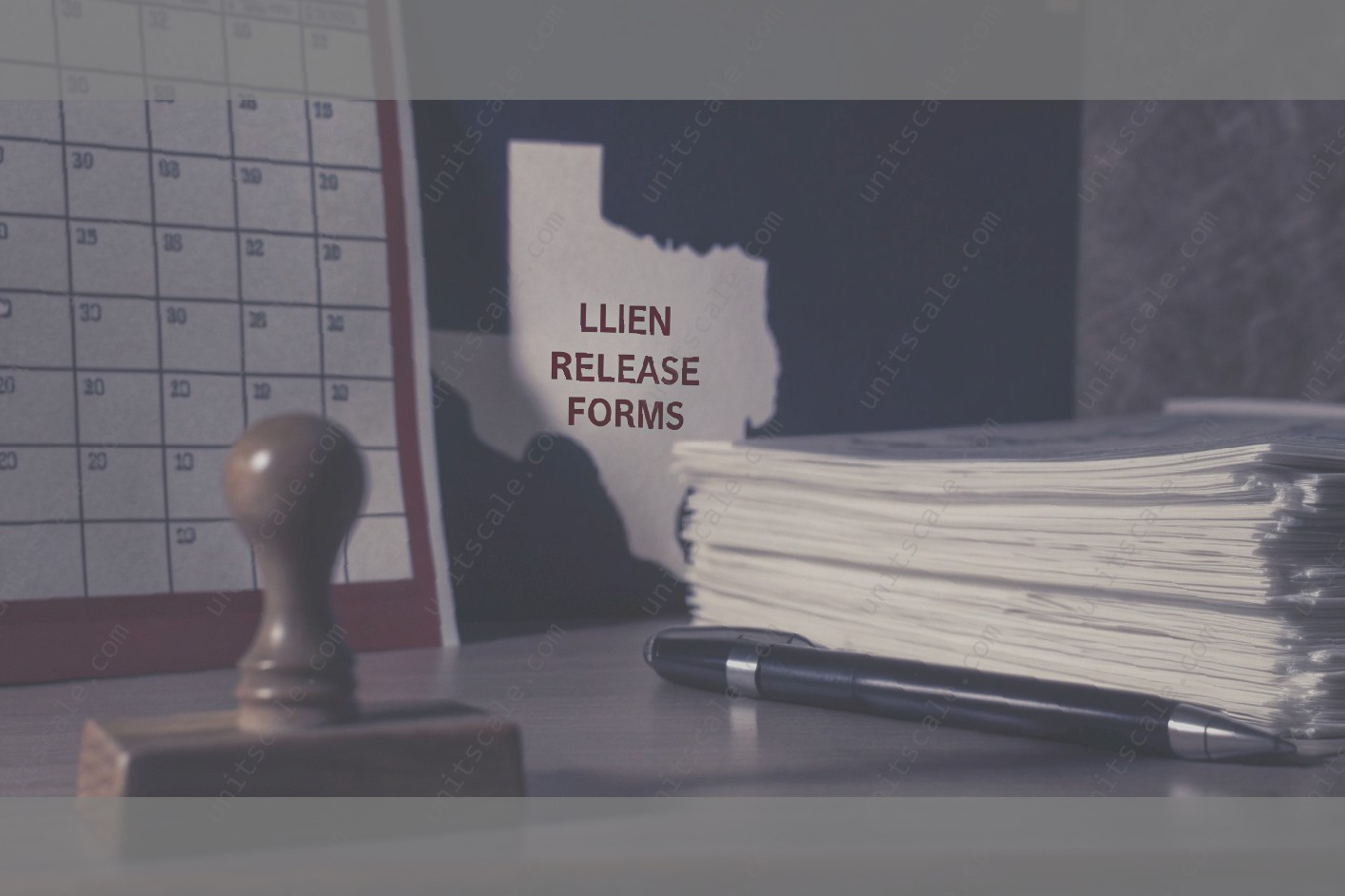Inheritance Theft: What Is It?
Inheritance theft refers to the intentional, fraudulent misappropriation of your assets or benefits as an intended heir, prior to the distribution to you under the terms of the decedent’s will or trust. Often, we see such circumstances where the intended heir is a relative, such as a parent or sibling, and the theft has been orchestrated by another, often a spouse. Other times, inheritance theft is a long game where a family member slowly pilfers funds until the total has exceeded what they are entitled to receive under the terms of the will or trust.
Inheritance theft can occur in myriad ways, including the outright use of forged documents to change the beneficiary on a bank account or life insurance policy, the falsification of a will or trust, to the misappropriation of funds placed in care of the wrong person. In the case of personal property , such as jewelry or art, one might see family heirlooms taken by a family member with no intention of returning them, at least during their lifetime.
Unfortunately, inheritance theft plays out more often than we might believe. In fact, a recent study indicated that almost 1 in 8 people would consider stealing an inheritance from a relative if they were certain they could get away with it. Additionally, approximately 11% of people experienced inheritance theft with a parent, not including theft from their parents by a spouse or other family member.
As you can see, inheritance theft is a real threat. The sad truth is that even the most trusting, church-going, and charitable souls can succumb to the luring of easy money. Do not allow yourself, or your family, to be the victim of inheritance theft. Too much is at stake for you and your loved ones.
The Laws Surrounding Inheritance Theft
The statutory frameworks that defend against the theft of inheritances are as varied as the individual circumstances that give rise to inheritance thievery. One pervasive theme is the requirement that all asset transfers be disclosed during probate proceedings. At its core, this is the rationale for the statutory requirement of full disclosure. If you are properly disclosing asset transfers, you are not hiding transfer activity. The more suspicious the transfer, the more information the Probate Court will request and the more careful your use of your estate planning professional will be.
Other protective measures against inheritance thievery include statutory claims for undue influence, increased fiduciary scrutiny for those who previously benefited from the decedent, and the common law doctrines of fraud, forgery, and intentional misrepresentation. The statutory remedies tend to include remedies that you might expect such as damages, injunctive relief, and disgorgement of ill-gotten gains. The monetary damages include the relative value of the transaction, loss of earnings and enjoyment of property, out-of-pocket expenditures, and loss of profits.
Some statutes go even further to protect inheritance interests. For example, an Illinois statute creates the right for a surviving spouse to receive a full one third share of the decedent’s assets, regardless of whether the decedent intended to provide less. An heir or legatee can bring a timely claim for enforcement of this right against a transferee to recover such assets. A court may also impose a constructive trust as part of the remedy. While this is a good example of a statutory remedy against a transferor who has tried to deprive an heir or legatee of what the decedent intended, there is also an extensive body of law that comes into play when a decedent’s estate enters probate. This includes inventory requirements for fiduciaries, requirements on the duty to exercise good faith and looting prevention measures, and hotly contested caveats, will contests, and other fiduciary accountability lawsuits.
To assist enforcement of statutory remedies, one solution has been to require probate court oversight throughout any process that might involve the transfer of assets which would otherwise be inheritable. Crucial to this process is the appointment of a neutral third-party fiduciary. This can include the appointment of a referee to supervise the terms of a settlement and to ensure that assets vest in the heirs or devisees rather than other interested parties. It can also include the appointment of a special representative to oversee spending during the course of trust litigation. The appointment of a third-party fiduciary may be, depending on the terms of the governing document and jurisdiction, the only way to get money spent, or property acquired, by a person since in many cases such transactions violate the duty of undivided loyalty to the beneficiaries.
The common law doctrines of fraud, forgery, and intentional misrepresentation are also available. These are remedies that almost always require an evidentiary hearing. Given their evidentiary nature, collection and analysis of forensic data is critical to support these claims.
What Does Inheritance Theft Look Like?
Among the most popular ways of claiming assets that a family member intended to leave to another is for the wrong-doer to simply change how something is owned. A very common "burden of proof" is for the aggrieved person to prove that the transfers that took place after the creation of the estate plan were fraudulent. Here are some common methods used:
Will or Codicil Forgery
A will can be forged by executing a document with the decedent’s forged signature, or by attaching a codicil to a will that was not really signed by the decedent. Usually, the forgery will be claimed in court and must be proven by the contestant who has the burden of proving forgery by a "preponderance of the evidence." Because it is difficult for a will contestant to gather evidence of forgery before a will contest begins and a will is already admitted to probate, it makes it difficult for the contestant to meet their burden of proof.
Undue Influence
In the context of a will, undue influence means that the decedent’s volition was overpowered or undermined by a third party that ultimately got whatever benefit there was intended by the decedent to go to the third party. It is different from elder abuse because those cases are conducted when the elder is still alive. Undue influence is conducted when the elder has died. Undue influence is very difficult to prove and is a burden candidate for a post mortem — after death — will contest.
Concealing Assets
This method involves concealing or diverting property so that it does not become part of the estate that has to be resolved. This method is often used in probate cases where the assets are taken and either hidden, or sold and then hidden so that the sales proceeds can be divided by the third party with the help of fraud.
How Can You Recognize Inheritance Theft?
The first step in guarding against inheritance theft is recognizing the warning signs of potential issues. As mentioned above, inheritance theft or fraud can happen both during a person’s lifetime and after a person has passed away. These are some of the signs that indicate an heir may be trying to deepen their pockets at the cost of another family member or loved one: In a situation where it is believed that a relative is exploiting a vulnerable adult, an appropriate intermediary can be appointed to step in and act as a guardian or conservator on behalf of the susceptible individual. If proper representation is not obtained, a relative may be able to unjustly secure a substantial portion of an estate.
What to Do If You’re The Victim of Inheritance Theft
For those who have fallen victim to inheritance theft, there are many legal routes to take, including litigation, mediation and in some cases, even criminal charges. If a person has been accused of engaging in inheritance theft, or "undue influence," the first thing the victim should do is hire an attorney. This is an extremely delicate area of law that requires careful handling. If you are a probate attorney, you can help guide your client through this process, or refer them to another probate attorney who is familiar with this area of the law. A lawyer who specializes in this practice will be able to handle all communications on behalf of the victim. For example, if the donor is still alive, proper communication with them is essential to the success of the case. If the perpetrator is living with the donor, then it is common for them to try to convince the donor that the victim wants to take advantage of them. Keeping lines of communication open with the donor (through a lawyer) is essential. In some cases , the most effective option may be mediation, which can limit the need for expensive litigation and still provide an opportunity to come to an agreement around the issue. A judge may also order the parties into mediation, especially in the case of unwanted home visits or other types of undue influence. Once mediation is complete, the judge will issue a final order that resolves the issue and either affirms or cancels the documents in question. Ultimately, if a person contests the effects of inheritance theft against them, they may be required to litigate. In some cases, the case may be tried before a jury, although it is generally recommended that a case like this be heard by a judge alone. The case is tried in much the same way as any other case, with evidence being presented from both sides and a ruling being issued based on the evidence presented. This is sometimes the only option for those unwilling to compromise between themselves. If necessary, a judge may order criminal charges against the alleged perpetrator.
How to Prevent Inheritance Theft
It is essential that individuals and families take proactive measures to protect their heirloom property from theft and misappropriation. The following steps are some of the most effective methods for safeguarding wealth during one’s lifetime and after death.
Estate Plans – It is critical to outline your wishes through a will and/or living trust to avoid claims of inheritance theft. Having clear and comprehensive estate documents should limit, if not entirely eliminate, any claims that a family member may open following your death.
Independent Executors – After a parent dies, often a child will seek to become the executor of his/her parent’s estate. This may not be a good idea. If the desired executor does not have your best interest at heart, he/she may misappropriate your father’s wealth or transfer your mother’s assets to personal accounts. Depending on the size of the estate, it may be sensible to nominate an independent executor to oversee the estate. Having an outsider manage your family’s wealth will reduce the likelihood of theft.
Regular Estate Audits – Whether it is lasting powers of attorney, your estate plans, or guardianship, it is important to review your estate documents on a regular basis. Failing to do so will leave them vulnerable to changes in the law and accusations of inheritance theft.
Theft of Inheritance: Real-Life Examples
Real-life cases of inheritance theft are often similar, but they can occasionally be different enough to catch the attention of the local news media. From these accounts, we can see how those who’ve been wrongly deprived of their inheritance resolve the situation, and we can also consider what we might do to avoid a similar problem.
When Timothy Wright passed away in November 2017, his wife, who had health issues of her own, died just a few months later.
Wright was considered a recluse – he wouldn’t let anyone into his home unless they were able to give him the password of a favorite song – so when he died in a secluded area of his home with no one there, it wasn’t necessarily surprising. However, four days after his body was found, a nephew from out of state showed up to ask, simply, "Where is Uncle Tim?" A nephew of Wright’s also stepped up to help.
After digging deep, the nephew who came to visit discovered that Wright’s wife had been able to lift the lock off the bedroom door where Wright’s body lay for over four months and had cleared space enough in the closet to hide her husband under the bed. She had, however, contracted the services of a professional fake address service, which provided her with an address to use when signing forms. In this case, it was the address she used to open an online bank account.
This online bank account only required an email address to set up, a bank account, and a debit card, and it was from this account that the widow was making withdrawals, totaling roughly $20,000. She withdrew cash from numerous ATMs in the months after the death of her husband and then returned to Germany to keep her family running. Though the Womack County, West Virginia Sheriff’s Department determined that she was guilty of stealing her husband’s identity and fraudulently using funds from his bank account, the amount of money was not enough to charge her with a crime – the authorities felt they could not justify going to Germany and getting an arrest warrant that would likely not be honored in a German court.
The Wrights’ estate was worth about $1 million when they died, and the widow received around $500,000 of it. Because the two were married, concerning all of the property they owned jointly, she automatically received half of it. Her actions, however, did cause the estate to go to probate.
It is perhaps surprising to know that inheritance laws differ from one state to the next, so it is important to understand how laws in your state differ from what is common throughout the country. If you think that someone is trying to take your inheritance, you can handle it through the local court system. Depending on the state and county where you live, your county and state courts may have Sole Destructive Survivor Statutes that help you gain access to the estate to get what you are due.
Seeking Help from a Lawyer for Inheritance Theft
If you have reason to believe that someone may have stolen an inheritance, you should seek the advice of a knowledgeable estate lawyer. An experienced attorney can help you identify whether there is ample evidence of inheritance theft, or whether another issue may explain why you or another family member has received fewer inheritance assets than expected. They can also help you identify potential legal remedies if evidence of wrongdoing is uncovered. Look for an attorney with extensive experience in estate law and probate litigation. This area of law is more complex and nuanced than many people realize , with a number of exceptions and qualifications to the general rules. For example, it’s possible that a person entitled to an inheritance based on a will may not actually receive it if a family member successfully makes a challenge to the distribution of assets or if the will cannot be found or located. Thus, it’s essential to obtain advice from an attorney who knows and understands the technicalities of the relevant laws.




